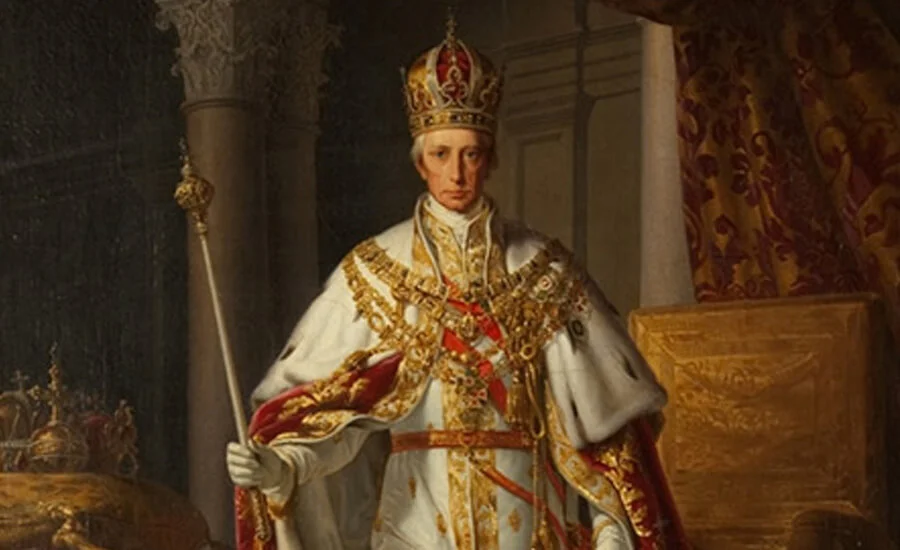
The Holy Roman Emperor was once Europe’s mightiest sovereign. The holy roman empire officially lasted from 962 to 1906, and it was one of Europe’s largest and early modern states, but its power base was not stable, and it continually shifted.
The holy roman empire was not a unitary state but a confederation of small and medium-sized political entities. When the empire managed to speak in one voice, it became the mightiest sovereign in Europe. However, most of the time, the member states of the holy roman empire had diverse interests causing conflicts among them.
Other European powers took advantage of the divisions and conflicts and ruthlessly exploited them. Strong holy roman emperors took advantage of their power and subjected the weak emperors to their will.
Election of Holy Roman Emperor
It was the norm of the imperial house that an imperial college elected the holy roman emperor. Every election came with the risk of losing the crown to another ambitious family. The ruling dynasty had to woo the votes of the imperial colleges by offering the members concessions to avoid losing the crown to another family.
The holy roman empire was turned into an imperial juggernaut under the strong roman emperors. The weak roman emperors were reduced to ruling over not much of the family’s hereditary lands.
Charles V, Holy Roman Emperor
Charles I of Spain was also Charles V of the Holy Roman Empire. Also called the emperor of Caesar, he ruled alongside his mother Joanna I of Castille until 1555. During his reign with his mother, he was king of all Hispanic reigns and territories, and his work was to reunite the crowns of Castille and Aragon.
In 1519, Charles V was made the Holy Roman Emperor. His grandfather Maximilian I of Habsburg died on January 12 1519, and Charles immediately inherited the four kingdoms from his grandparents. The territories included Habsburg from Maximilian I, Burgundy from Mary of Burgundy, Aragon from Ferdinand the Catholic and Castile from Isabella the catholic. A few years after inheriting the holy roman empire, he renounced his territories in Austria and left them to his brother.
An elected was given the title emperor of the roman empire and crowned monarch of the Holy Roman German Empire. The first emperor was Charlemagne on December 25, 800, and the last was Francis II, whose ruling was affected by the Napoleonic wars in 1806.
During the Napoleonic wars, French emperor Napoleon I declared himself the emperor of French and conquered much of the holy roman empire. The Pope used to crown all the emperors of the holy roman empire, but that era ended in the 16th century.
After the 16th century, a successor was automatically elected the emperor once the predecessor died. Charles I was crowned the king of Romans title in 1519, making him the de facto Emperor of the holy roman empire. However, he was not crowned by the Pope until February 1530 in Boulogne.

